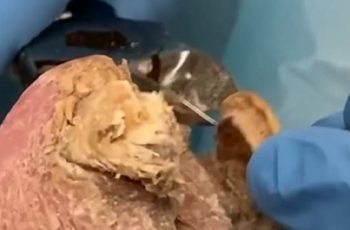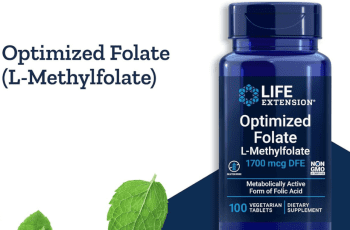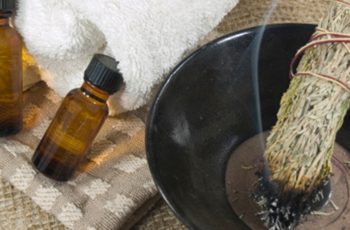
Coughing is a reflex that helps to clear the throat and airways of mucus, irritants, and other debris. Although it can be annoying, coughing is usually not a cause for concern. However, there are times when a cough can persist for weeks or even months, leading to frustration and fatigue. If you’re looking for ways to get rid of a cough quickly, consider trying one of these home remedies.
Honey and Baking Soda for Cough – A Miraculous Home Remedy?
If you frequently suffer from coughing fits, you may be desperate to try anything that promises relief. Over-the-counter cough medicines can be expensive and may not always work. However, a home remedy is cheap, easily accessible, and very effective – honey and baking soda for cough. Let’s take a closer look at this home remedy and see how it works.
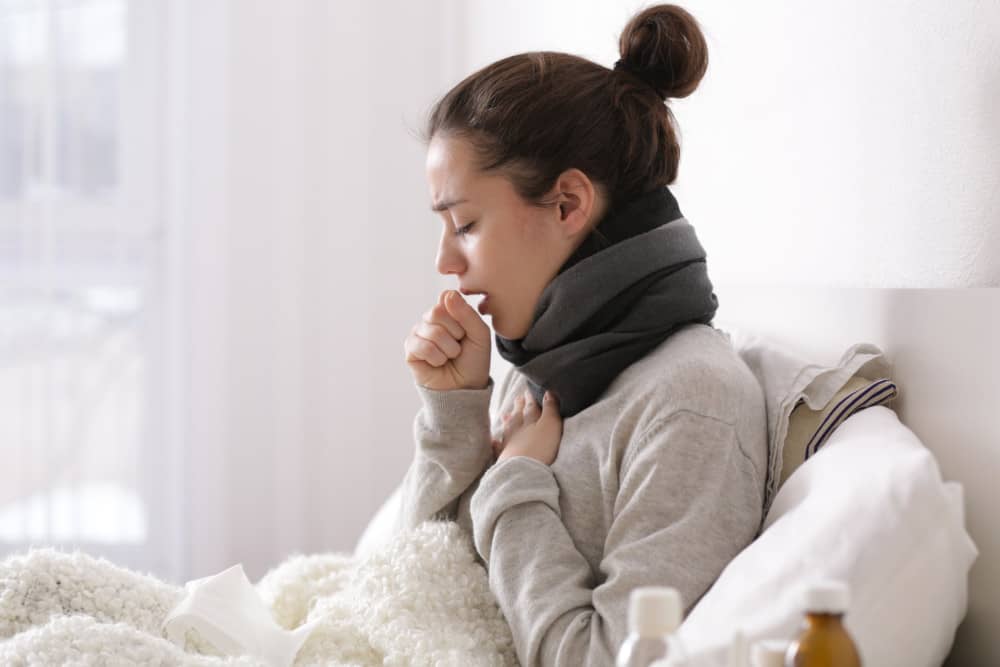
How Does It Work?
So how does this home remedy work? When you mix honey and baking soda, it creates an alkaline solution. This alkaline solution helps to break up mucus and phlegm in your chest, making it easier to cough up. The honey also acts as a natural expectorant, helping clear your airways.
Honey also has antimicrobial properties, which means it can help to kill bacteria in your throat that may be causing your cough. Baking soda also has antimicrobial properties and can help neutralize stomach acids that may irritate your throat. Finally, the mixture of honey and baking soda can help to soothe inflammation in your throat, providing relief from coughing fits.
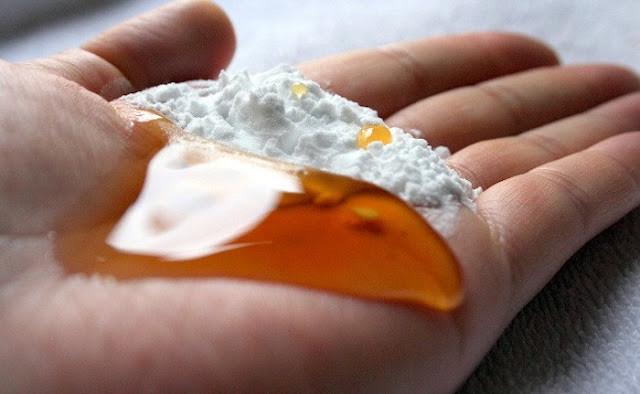
How To Make It
Making this home remedy is very simple – all you need is honey and baking soda. The ratio of honey to baking soda should be 1:3 – for every 1 tablespoon of honey, you should add 3 tablespoons of baking soda. Once you have mixed the ingredients, simply drink the mixture slowly, so it coats your throat.
Many over-the-counter medicines are available for cough relief, but sometimes the simplest remedies are the best. If you’re looking for a natural way to ease your coughing symptoms, you might want to try using honey and baking soda. Both of these common household items are effective in reducing coughing.
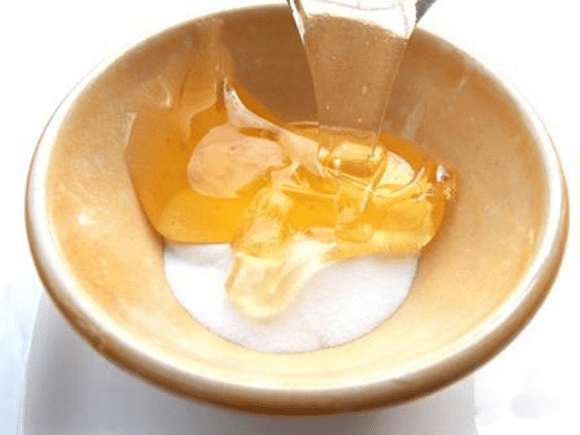
Hydrogen peroxide in a humidifier for cough
If you’re coughing up a storm and just can’t seem to get relief, you may be wondering what else you can do to ease your symptoms. One option you may not have considered is using hydrogen peroxide in your humidifier. Keep reading to learn more about the benefits of this at-home remedy.
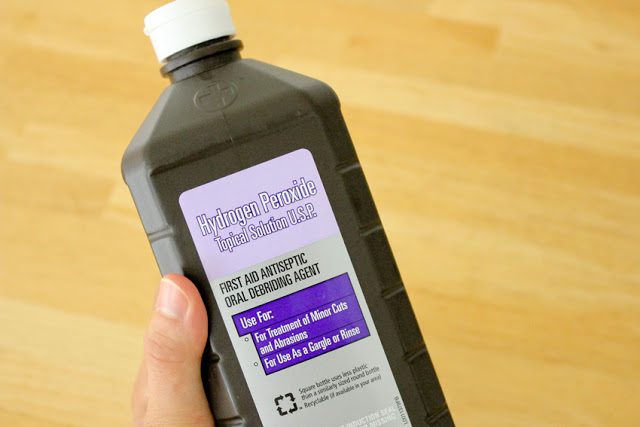
How It Works
Hydrogen peroxide is a natural disinfectant that can kill bacteria and viruses. When used in a humidifier, it can help to break up mucus and ease congestion. In addition, the moist air from the humidifier can help to soothe irritated lungs and airways.
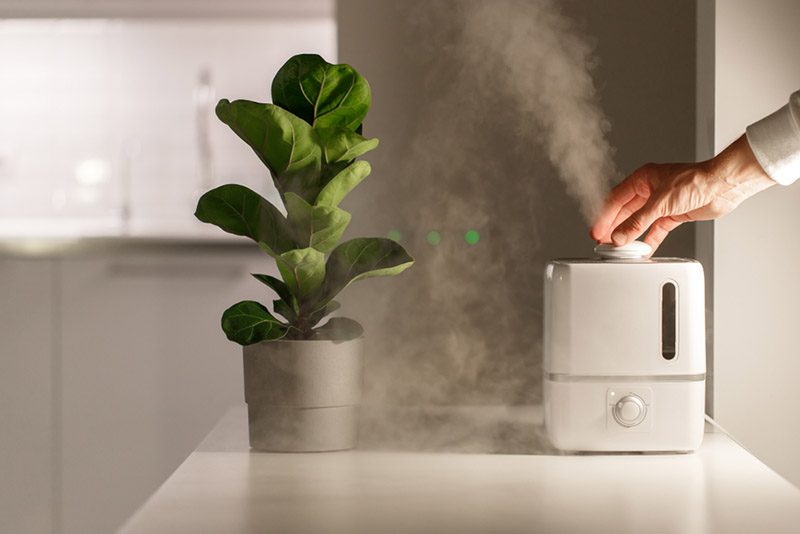
Benefits of Using Hydrogen Peroxide in a Humidifier
There are many benefits to using hydrogen peroxide in a humidifier, including:
-Relief from cough and congestion
-Reduced risk of infection
-Improved breathing
-Soothed, irritated lungs and airways
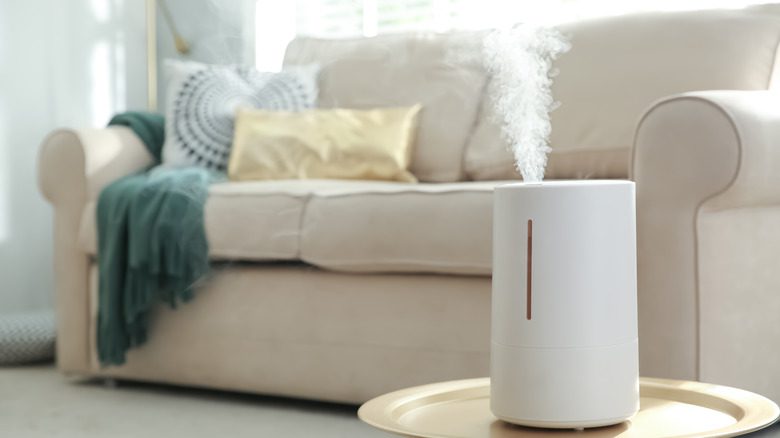
How to Use Hydrogen Peroxide in a Humidifier
If you’re considering using hydrogen peroxide in your humidifier, there are a few things you need to keep in mind. First, use a 3% solution, which is safe for most people. You’ll also want to add hydrogen peroxide to the water before turning on the humidifier. And finally, be sure to clean your humidifier regularly to prevent the build-up of bacteria and mold.
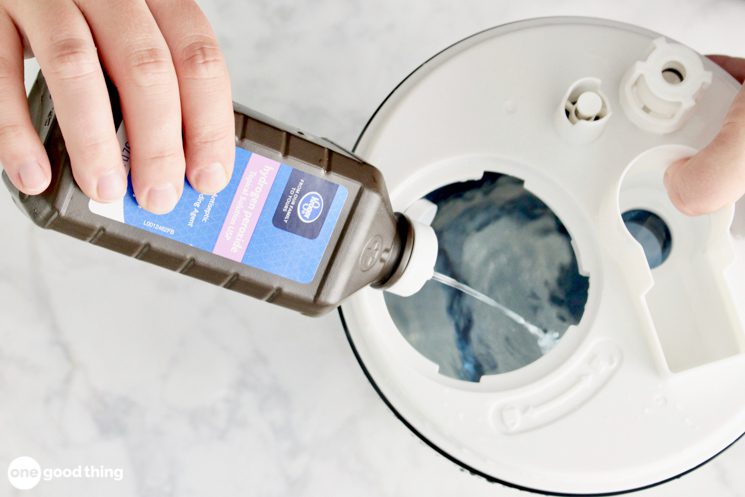
Roasted guava for cough
Roasted guava has been used as a natural remedy for coughs for centuries. Guava leaves contain tannins and flavonoids, which help to soothe the throat and reduce inflammation. When the leaves are roasted, these compounds are released and can help relieve coughing.
To make roasted guava leaves, simply wash a handful of fresh guava leaves and dry them thoroughly. Place the leaves on a baking sheet and roast in a preheated oven at 200 degrees Fahrenheit for 10 minutes. Once they’re finished roasting, remove them from the oven and allow them to cool. Once they’re cooled, grind the leaves into a powder using a coffee grinder or mortar and pestle.
Mix 1 teaspoon of the roasted guava leaf powder with 1 cup of boiling water. Steep for 10 minutes, then strain and drink. For best results, drink 2-3 cups per day.
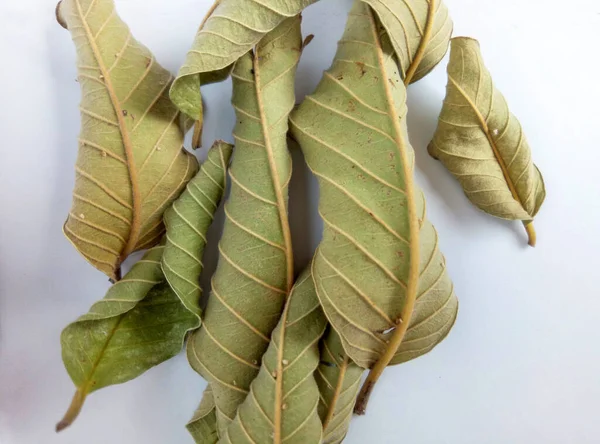
What is the cost of the treatment of a cough from a doctor?
The cost of treating a cough will depend on the underlying cause. For example, if the reason is allergies, your doctor may prescribe an over-the-counter antihistamine, which typically costs less than $25. If the cause is a viral infection, such as the flu, your doctor may recommend rest and plenty of fluids. These home remedies are relatively inexpensive.
Your doctor will likely prescribe antibiotics if the cause is bacterial, such as pneumonia. A course of antibiotics typically costs between $10 and $20. If you have insurance, your company may cover some or all of the costs. However, you will be responsible for the entire bill if you don’t have insurance.

Conclusion
Many effective home remedies for cough relief include honey and baking soda, hydrogen peroxide in a humidifier, and roasted guava leaves. These natural remedies can help ease your symptoms and relieve congestion and irritation. While treating a cough will vary depending on the underlying cause, home remedies are often inexpensive. Try one of these home remedies if you’re looking for a safe and effective way to treat your cough.
Frequently Asked Questions (FAQs)
Is baking soda good for a cough?
Gargling. Baking soda can aid with acid reflux, which can cause irritation of the throat and mucus buildup.
What does gargling with baking soda do?
Baking soda is useful for preventing the spread of bacteria and other germs. Furthermore, it may loosen the mucus in your throat. Whenever necessary, mix half a teaspoon of baking soda with a glass of warm water and gargle with the solution.
Why does coughing get worse at night?
One of the worst times to have a cough is at night, when gravity is working against you. When you lie down at night, all the postnasal drainage and mucus you swallowed during the day backs up and irritates your throat. While you sleep, you can try to resist gravity by raising yourself up on a few pillows.
When is a cough serious?
The presence of phlegm or mucus during a cough is called a "productive cough," and it may be indicative of pneumonia, bronchitis, or the flu. The mucus's hue may indicate a more severe condition. Seek medical attention if you're coughing up yellowish green phlegm or blood.

